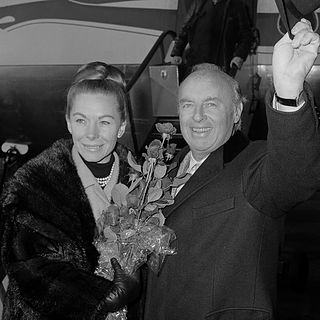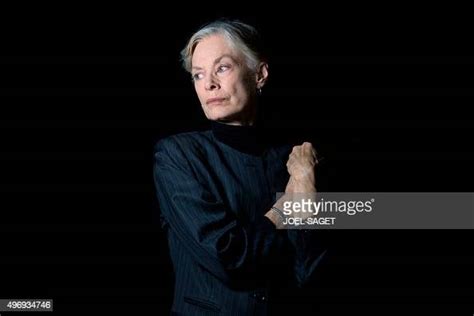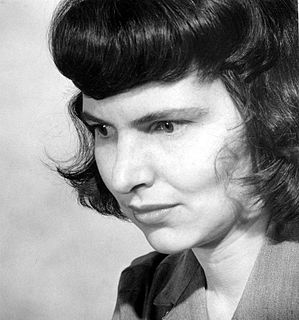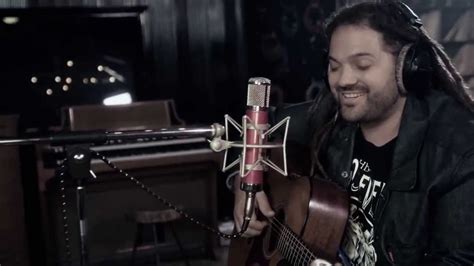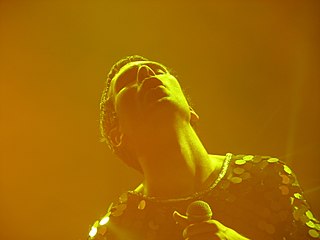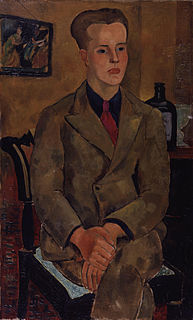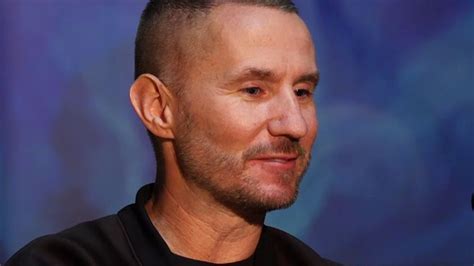A Quote by Gaston Bachelard
In writing, you discover interior sonorities in words. Dipthongs sound differently beneath the pen. One hears them with their sounds divorced.
Related Quotes
We listen too much to the telephone and we listen too little to nature. The wind is one of my sounds. A lonely sound, perhaps, but soothing. Everybody should have his personal sounds to listen for-sounds that will make him exhilarated and alive, or quiet and calm... As a matter of fact, one of the greatest sounds of them all-and to me it is a sound-is utter, complete silence.
Ever since high school I've been writing in a spiral notebook, in pencil. Everything looks too polished on a computer when you start writing, and I can't really see it. I feel like the words are much more naked in pencil, on a notebook. I feel that my brain works differently, and words come out differently, if I have a pencil in my hand, rather than if I have a keyboard. I tend to add more in the margins. I tend to elongate the sentences as I'm writing and editing, and there is just something about the feeling of writing longhand that I really love.
I like large sounds and very complex sonorities, and I also tend to opt for creating a feeling of vast space. I could achieve this effect either by using a symphony orchestra, which for a dance piece is pretty much impossible these days, or by using a synthesizer on multi-channel tape and a superb sound system, to get that same sensation of expansiveness and depth.
Sound words can't be understood through formal study of the language alone. They're felt when you immerse yourself in the culture or lifestyle that becomes a part of you. The Japanese language is abundant with onomatopoeia. Even though I've lived in Japan a long time, sound words are still an uncertain territory. And I think new words are being created every day. Even when I don't know a word I can sometimes connect it to a meaning using the sensations produced by the sounds, which feels like I'm playing with words.
At birth we begin to discover that shapes, sounds, lights, and textures have meaning. Long before we learn to talk, sounds and images form the world we live in. All our lives, that world is more immediate than words and difficult to articulate. Photography, reflecting those images with uncanny accuracy, evokes their associations and our instant conviction. The art of the photographer lies in using those connotations, as a poet uses the connotations of words and a musician the tonal connotations of sounds.
The secret to writing sound effects is having a room you can be alone in, trying to make the sounds yourself, and seeing what comes out. It's similar to if you're writing a character talking with their mouth full: the only way I know to transcribe that is to stuff my fist in my mouth and write down what sounds I make when I try to talk.
I think all of us would agree that a lot of Christian radio sounds the same. A lot of music that comes out of Nashville kind of has a little bit of the same vibe. Because I don't live in Nashville, I surround myself with a culture and an influence that's outside that bubble. So when the church hears it, it's refreshing, and when the world hears it, it sounds like something they want to listen to.
There's a difference between writing, the written word, and music. When you have the blank page it doesn't make a sound, which is like what happens to me every night when I'm playing. There is that crazy moment: the first mark you make on the page. But sound can inspire sound, in a way that words can't inspire words - at least for me. The nature of sound itself is still a huge mystery to me. I'm very happy about that.
The absolutist lays down the law, but the relativist hears only roaring and bawling. Or, when the relativist voice, as it is heard from philosophers such as Nietzsche or James, itself starts to grate and sounds shrill, as it often does, and when the relativist then offers concessions, the absolutist hears only insincerity. The war of words can often turn into a dialogue of the deaf, and this too if part of its power to arouse outrage and fury.
We're all about exploring new sounds, so we don't have any limits whatsoever about how we go about finding them. We do tend to sample human vocals or sample sounds, which allows you to create your own sound. That's not our only way obviously, but that's a way you can use a sound no one's used before; it's not a sound in the synth. There's a lot of that going on in our songs in general.

